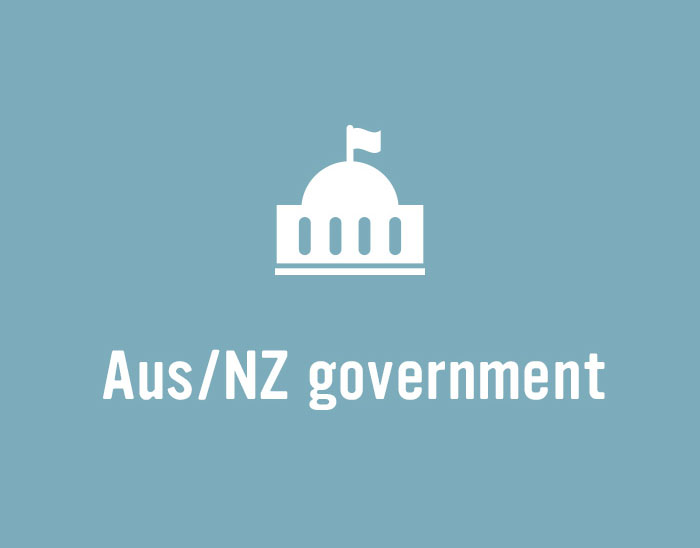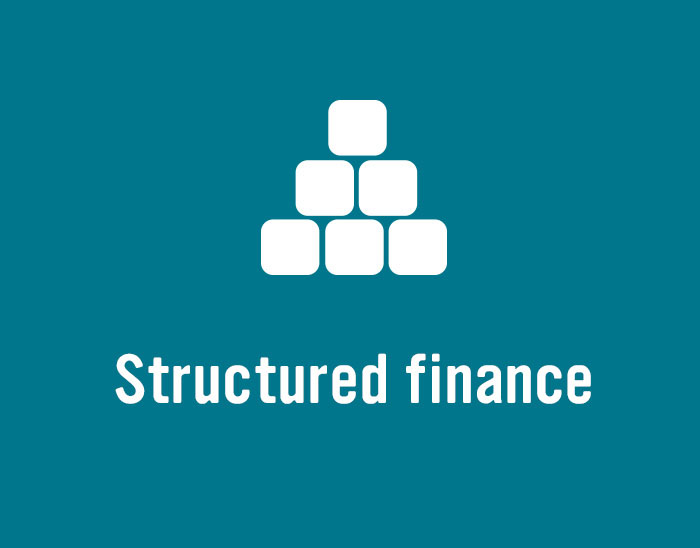
New Zealand looks for the silver lining despite economic headwinds
Speakers at the ANZ-KangaNews New Zealand Capital Market Forum, which took place in Auckland on 21 March, believe the local market continues to offer opportunities despite the obvious challenges of an economy in recession. The everincreasing urgency of the energy transition, a significant infrastructure shortfall and the role of the fixed income market took centre stage in discussions.
“During COVID-19, we built more houses than ever before even as the population was shrinking. Now, when we convert the net migration numbers into housing demand and then set this against growth in housing supply as proxied by consents, it is clear that we are eating into supply and making the housing shortage worse.”

“The Infrastructure Commission’s independent 30-year plan is vital. We don’t have a crystal ball but with a pipeline we can make some assumptions about social and economic requirements, and industry can prepare its resources to be able to deliver. We will have more efficient spending and a more productive economy as a result.”



“It is great that Australia is in a Goldilocks period but it is important to remember that a couple of years ago the market was closed. Recognising this, we remain open to other markets – such as USPP and Europe – and to exploring more innovative bank products that sit between traditional bank lending and public markets.”
“The New Zealand market has got itself into execution behaviour that prohibits price tightening. We can see potential pricing benefits for issuers and scaling benefits for investors from a longer offer period and greater flexibility in price setting. However, we recognise that the more iterative pricing process used in other markets is not necessarily practical for New Zealand’s retail-heavy transactions.”

“Nature provides a range of ecosystem services that our businesses rely on. It is often difficult to appreciate the value nature is providing and to measure that value. We need to take the same market-based approach to natural capital as we have for climate, to facilitate the necessary change to a nature-positive economy.”
“I really like the term ‘cautiously curious’ as a guiding principle for absorbing AI into organisations. There are downside risks but also tremendous upside opportunities. Be well educated, and test and learn in safe environments. When large organisations are trying to adopt new technology, cautious learning creates an environment to support intelligent decisions.”


“Convening and galvanising all the actors in global supply chains – including figuring out who will share the costs and benefits of transition – is the work underway and ahead for the foreseeable future. But the single most important enabler of change is access to innovative and sufficient transition finance.”


“New Zealand is not good at telling its own story and we haven’t really got any great ideas of who we want to be. We have some thoughts about being the most beautiful, small, developed economy – but this doesn’t tell us how we’re going to get there. We need to define what makes us great, or what should make us great.”

“Fiscal and monetary policy have at times been at cross purposes. At face value, expansionary fiscal policy has contributed to additional NZGB issuance and, while taking down this issuance has been challenging for the market, bond buyers now have more clarity on things like the LPR and the market has been eager to latch on to the next cycle.”
“We haven’t seen a lot of evidence that the retail investor base is shifting into fixed income because of the higher interest rate environment, either via allocations into income assets through growth or from defensive flows. Retail investors that have experienced horrible times in bond funds over the last 3-4 years are not coming back – at least, not yet.”
“There is considerable effort by central banks globally to ascertain how they might adapt monetary policy, supervision of financial institutions and the management of reserves as they consider climate risks. Going forward, recognising that climate risk is a systemic risk to the financial sector will increasingly influence decisions made in financial markets.”

“Successive governments, through good intention, have invested significant capital in social programmes to break poverty cycles – with perpetual years of failure. Meanwhile, nongovernment programmes have been enormously successful. We need to use this data for innovation, so the dollars go to the absolute best value use.”
“New Zealand has the potential to develop a profitable, sustainable bioproducts industry from forests. This would require investment, changes to government policy and a rethink of the current forestry sector structure. But shifting current raw log exports to higher-value bioproducts could lift forestry sector exports significantly.”
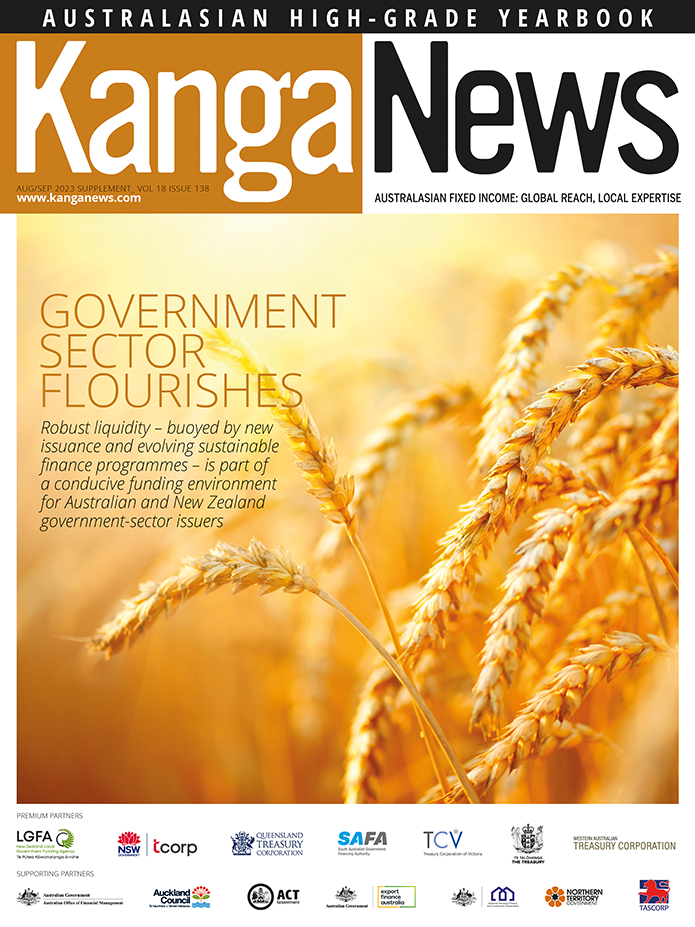
HIGH-GRADE ISSUERS YEARBOOK 2023
The ultimate guide to Australian and New Zealand government-sector borrowers.
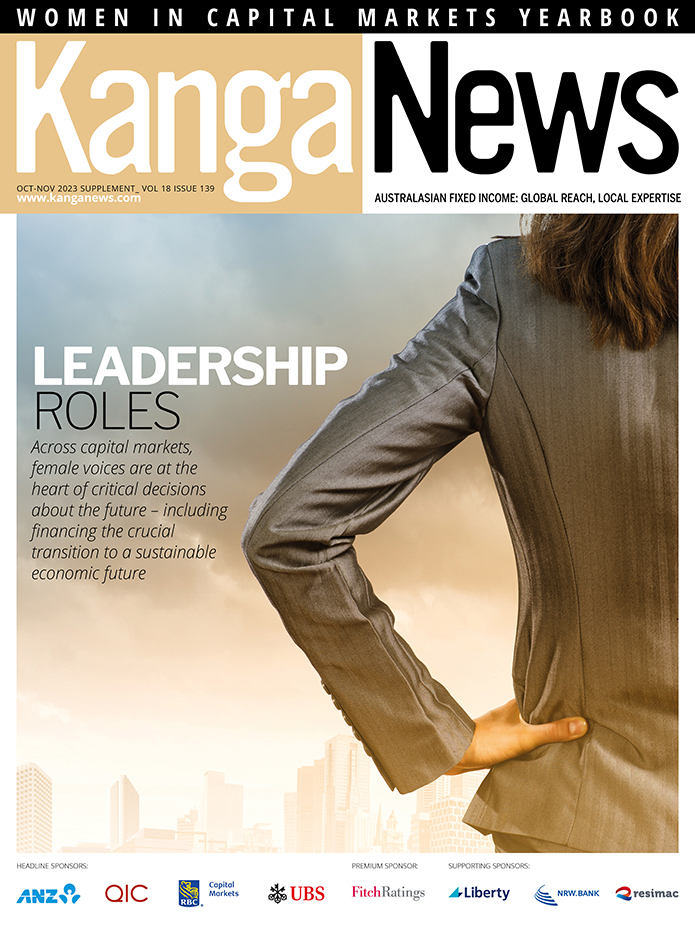
WOMEN IN CAPITAL MARKETS Yearbook 2023
KangaNews's annual yearbook amplifying female voices in the Australian capital market.
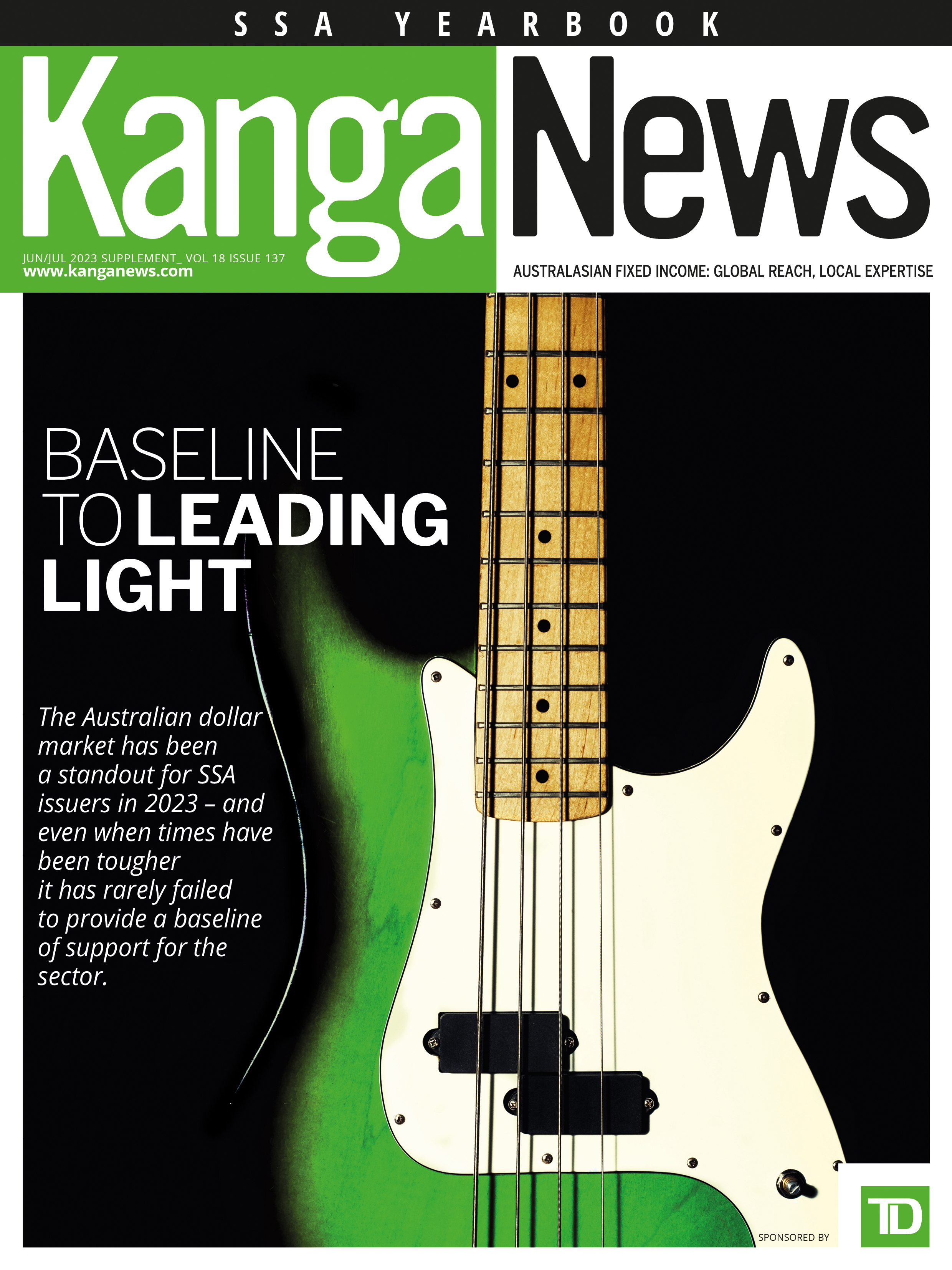
SSA Yearbook 2023
The annual guide to the world's most significant supranational, sovereign and agency sector issuers.








